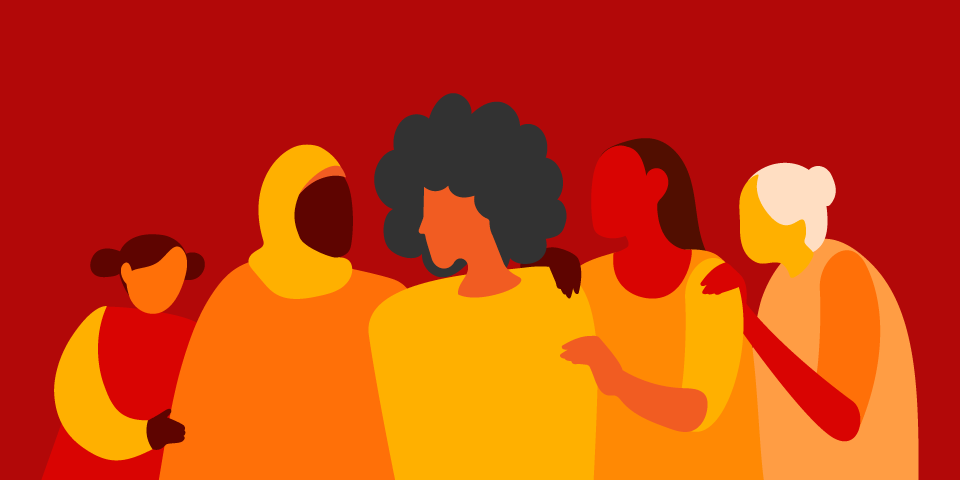Violence Against Women Is ‘Big Cancer’, Says UN Chief
Oct 20, 2022 | Pratirodh Bureau
All this is also reflective of the type of society we live in -- patriarchal, misogynist, opaque. While the task may appear daunting and impossible, a beginning has to be made somewhere (Representational Image)
(Source: PTI)
United Nations Secretary General Antonio Guterres on Wednesday termed violence against women a “big cancer” and called for an “emergency plan” to tackle it in every country.
Interacting with students at the Indian Institute of Technology Bombay (IIT-Bombay), he also pointed out that women activists and politicians are targeted on social media. The UN is working to achieve gender parity within its own organization, he said. “I must confess that there is one problem that I did not manage to solve. Many people thought — and I fully respect that — the secretary general of the United Nations must be a woman,” he said.
More than half the women at the top management level in the UN are women, Guterres said, adding that they are occupying posts like head of the department of political affairs and mission heads in Afghanistan and Iraq.
In India, as across the world, much more needs to be done to advance gender equality and women’s rights, the top UN official said.
This is a “moral imperative” and also a multiplier for prosperity and sustainability, he said, adding that no society can reach its full potential without “equal rights and freedoms for women, men, girls and boys.” Violence against women is a matter of not only importance but it is an emergency. Because things are getting worse, not better, the UN secretary general said.
The big cancer of violence against women needs to be an emergency priority of all those that have responsibilities in the world, he said.
Guterres also pointed out that terrible campaigns are run against women activists and women politicians on social media. Violence through social media is enormous, he noted.
“Every country should have an emergency plan to fight violence against women,” he said, adding that it should cover all aspects such as training of the police, judiciary and making sure that “there is clear accountability in society in relation to violence against women.” The question of gender equality is essentially a question of power, he noted.
“We live in a male-dominated world with a male-dominated culture,” Guterres said, adding that gender parity is necessary at the top level so that decisions are taken in a way which makes gender equality a “downstream phenomenon.” On the other hand, there is also a need to support all women’s organisations and have a bottom-up approach to generate equality, he added.
Guterres also said that India’s voice on the global stage can only gain in authority and credibility from a strong commitment to inclusivity and respect for human rights at home.
Speaking after paying floral tributes to martyrs of the 26/11 terror attacks in Mumbai, he also said that fighting terrorism must be a global priority and no cause can justify terrorism of any kind. While addressing students of IIT-Bombay, Guterres said, “As an elected member of the Human Rights Council, India has a responsibility to shape global human rights, and to protect and promote the rights of all individuals, including members of minority communities.”
This could be done by “securing and upholding the rights and dignity of all people, especially the most vulnerable, by taking concrete action for inclusion, recognizing the enormous value and contributions of multi-cultural, multi-religious and multi-ethnic societies, and by condemning hate speech unequivocally,” he said.
Guterres also stressed the need for protecting the rights and freedoms of journalists, human rights activists, students and academics, and ensuring the continued independence of India’s judiciary. Speaking on climate change, he said there was a need for a historical pact between developed and developing countries to counter it and keep the temperature under control.
